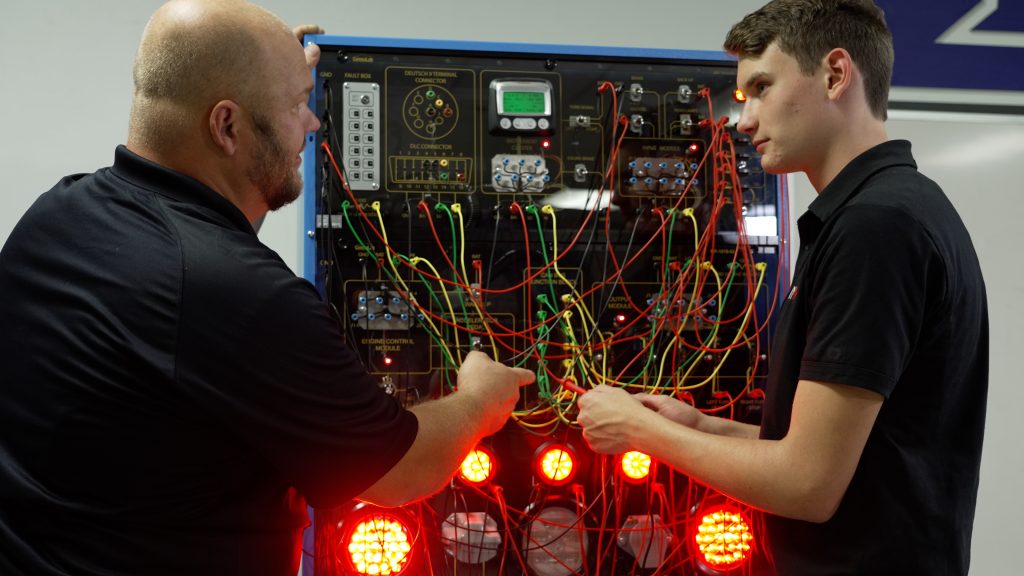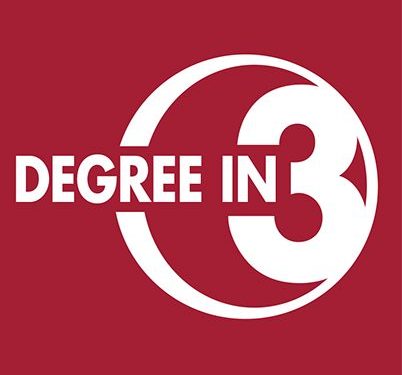Interest in trade schools is growing across the country, and a new one in Pennsylvania aims to fill the nationwide workforce shortage of auto and diesel technicians.
New Village Institute Blairsville’s (NVI) inaugural cohort kicked off earlier this month in Indiana County on the former campus of transportation program WyoTech, which closed its Blairsville site in 2018.
Amy Mulligan, campus vice president, formerly worked at WyoTech Blairsville and recalls watching the student population grow from 30 to 1,500 in a few years. She expects the same for NVI, as an asset for the local economy.
“Bringing in students from other areas does also bring in revenue,” Mulligan pointed out. “And we’ve seen it in the past, and I feel like it’s going to be almost similar to where you’re going to see a lot of those younger folks that want to be in this area because there is still opportunity.”
Enrolled students will receive a fast-tracked six-month education to support the immediate need for technicians. There will be 228,000 diesel technician openings by 2025, according to data from the American Diesel Training Centers.
Enrollment in vocational schools has been on the rise over the last two decades, with enrollment numbers up to 16 million in 2014, compared with 9.6 million in 1996, according to the National Center for Education Statistics.
Chris Barton, campus director for NVI, thinks the affordability of the schooling plus competitive wages are bringing people, both young and career-changers, into the trades.
“People are realizing that you can have a really good career for yourself and really start at an early age making good money that provides for yourself, your family and the rest of your life,” Barton observed. “There are just really unlimited jobs, so you never have to worry about being out of work.”
Diesel technicians made an average of $24 an hour in 2020, according to the U.S. Bureau of Labor Statistics.
Barton added new cohorts will start each quarter, the next class beginning in April.
Support for this reporting was provided by Lumina Foundation.




